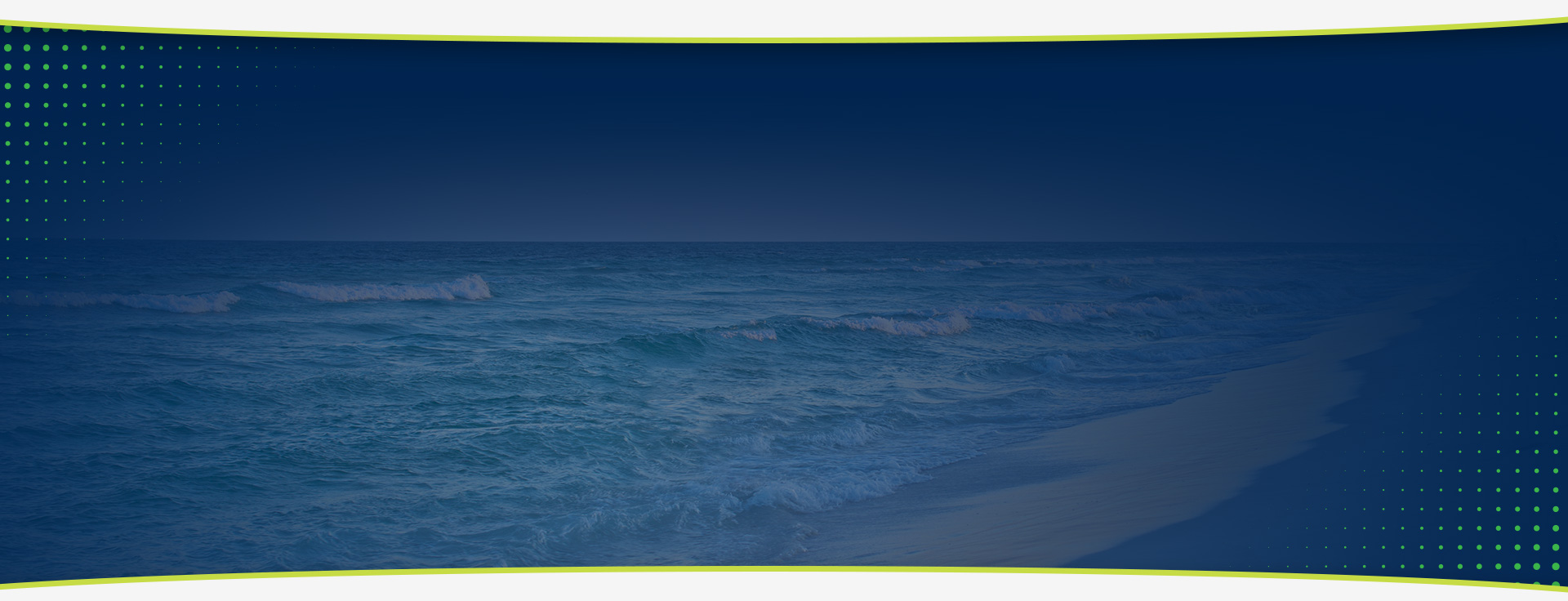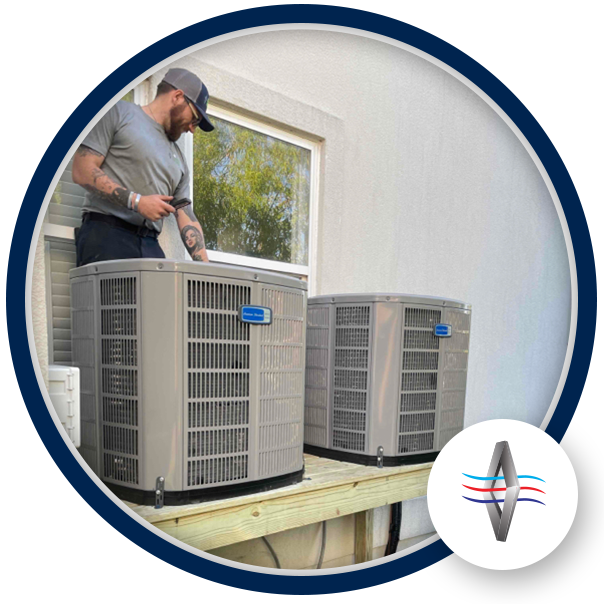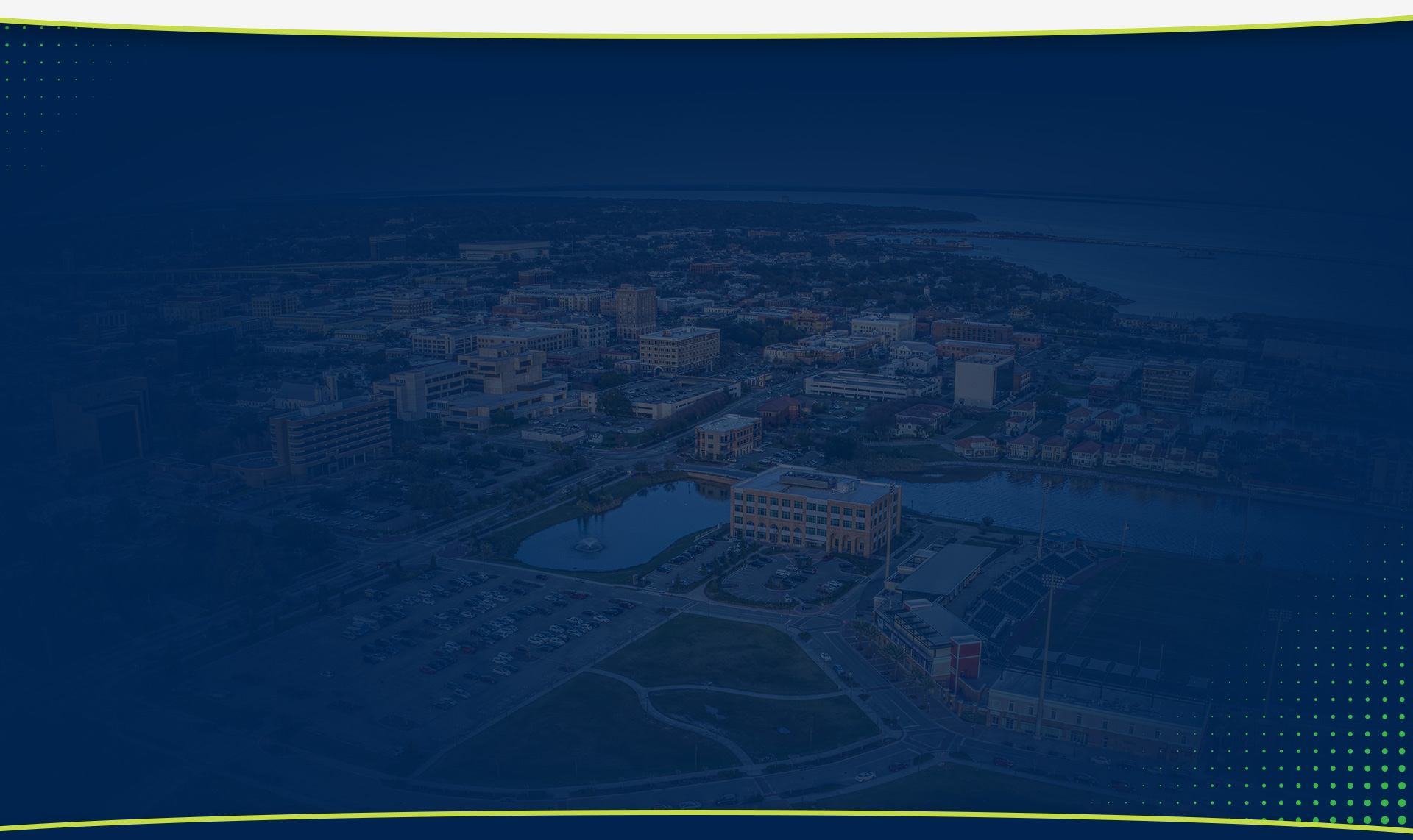
Pensacola Heat Pump Repair
Professional Heat Pump Repair in Escambia County & Beyond
Heat pumps are complex systems that provide heating and cooling for homes and businesses. When your heat pump malfunctions or shows signs of trouble, prompt repairs are essential to restore comfort. Diamond Air Design provides top-notch heat pump repair for homes and businesses in Pensacola, Escambia County, and surrounding areas. Our skilled technicians are equipped to handle all heat pump issues, ensuring efficient and reliable service every time.
Contact our Escambia County heat pump repair techs at (850) 753-2795 for a free estimate. We are committed to providing competitive pricing and outstanding customer service you can trust.
How to Recognize Heat Pump Issues
If you notice any of the following signs, they could indicate a problem with your heat pump. Prompt attention to these signs can help avoid more costly repairs down the line and maintain the efficiency of your system:
- Electrical Problems: Faulty wiring, blown fuses, or tripped breakers can cause your heat pump to stop working. A qualified electrician should address electrical issues promptly to prevent further damage. Regular inspections can catch these problems early.
- Fan Problems: Issues with the outdoor or indoor fans can affect airflow and overall system performance. This may result in reduced heating or cooling capacity and increased energy consumption. Cleaning and maintaining fans regularly can enhance performance.
- Thermostat Malfunctions: A malfunctioning thermostat can prevent your heat pump from turning on or off at the correct times, leading to temperature inconsistencies and comfort issues. Upgrading to a programmable thermostat can improve control and efficiency.
When Heat Pump Repair in Pensacola Isn't Enough
If your current heating system can no longer provide the heating needs you require, it’s best to be aware of the various options you can choose from to make the best possible decision for replacement. Researching the latest models and their features can aid in selecting the most suitable heat pump for your needs.
A few popular types of heat pumps in Pensacola include:
- Ductless Mini-Split: Ductless mini-splits consist of an outdoor compressor unit connected to one or more indoor air-handling units, allowing for zoned temperature control and efficient operation. It's ideal for homes without ductwork.
- Geothermal: Geothermal heat pumps are an environmentally friendly option. They utilize the stable temperature of the earth below the frost line to extract heat during the heating season and dissipate heat during the cooling season. These systems offer low operating costs and minimal maintenance.
- Hybrid: Hybrid heat pumps combine the efficiency of an air-source heat pump with the reliability of a gas furnace. They automatically switch between the two heat sources based on outdoor temperatures, optimizing performance and cost-effectiveness.
- Variable-Speed: Variable-speed heat pumps feature compressors and fans that can adjust their speed to match the space's heating or cooling demands more precisely. Compared to traditional single-speed units, this results in improved energy efficiency, comfort, and humidity control. These systems often lead to lower energy bills.
Impact of Local Climate on Heat Pump Repairs in Pensacola, FL
Living in Pensacola, residents face unique climate challenges that affect their heating and cooling systems. The humid subtropical climate means heat pumps need to handle both high humidity and fluctuating temperatures efficiently. Tropical storms and high humidity levels can strain heat pumps, potentially leading to more frequent maintenance. Choosing the right heat pump to adapt to these conditions is crucial to maintaining optimal comfort and energy efficiency. Selecting a heat pump designed for high humidity can extend its lifespan and improve energy efficiency. On top of that, regular heat pump maintenance ensures the system runs efficiently and helps prevent unexpected breakdowns. Our team is well-versed in dealing with these local conditions and can recommend the best solutions for your setup in Pensacola.
Reach out online or call (850) 753-2795 for your heat pump repair. We provide emergency and same-day services to ensure your comfort is not compromised.

Why Choose Diamond Air Design?
-
$99 Service Call FeeTake advantage of this limited-time offer to get the service you need at an unbeatable price.
-
Available for Emergency HelpHeating and cooling emergencies can't wait. We're ready when you need us with reliable solutions.
-
Financing AvailableCover your HVAC system costs with our helpful financing options.
-
Get a 100% Free EstimateOur expert team provides hassle-free estimates on all new systems.
FAQs
Have questions? We are here to help. Still have questions or can't find the answer you need? Give us a call at 850-753-2795 today!
-
How often should A/C filters be changed?
As a general rule, you should do a visual inspection monthly and change the filter. If the filters appear to be getting dirty sooner, then change them more frequently. A filter that does not flow properly will cause your unit to work harder, therefore, increasing your energy cost. In addition, a clogged air filter makes your unit run hotter and put more strain on your system which shortens its life span. It is the best maintenance & most cost-effective thing you can do for comfort, energy saving, and system longevity.
-
How long should an A/C run on a 100-degree day?
According to Energy.gov, 68 degrees is a good room temperature while you’re awake and at home, but it can be set lower when no one is home or during sleep hours. You can reduce your annual cooling and heating costs by up to 10 percent by turning down your thermostat 7-10 degrees for eight hours a day.
-
How long can an A/C run continuously?You can run your air conditioner all day long on hot days if you need to. It won’t harm your unit, as long as you don’t set the inside temperature too low, which could cause your system to overwork. During 100-degree days, it is best to set your AC to somewhere between 75 and 80 degrees.

